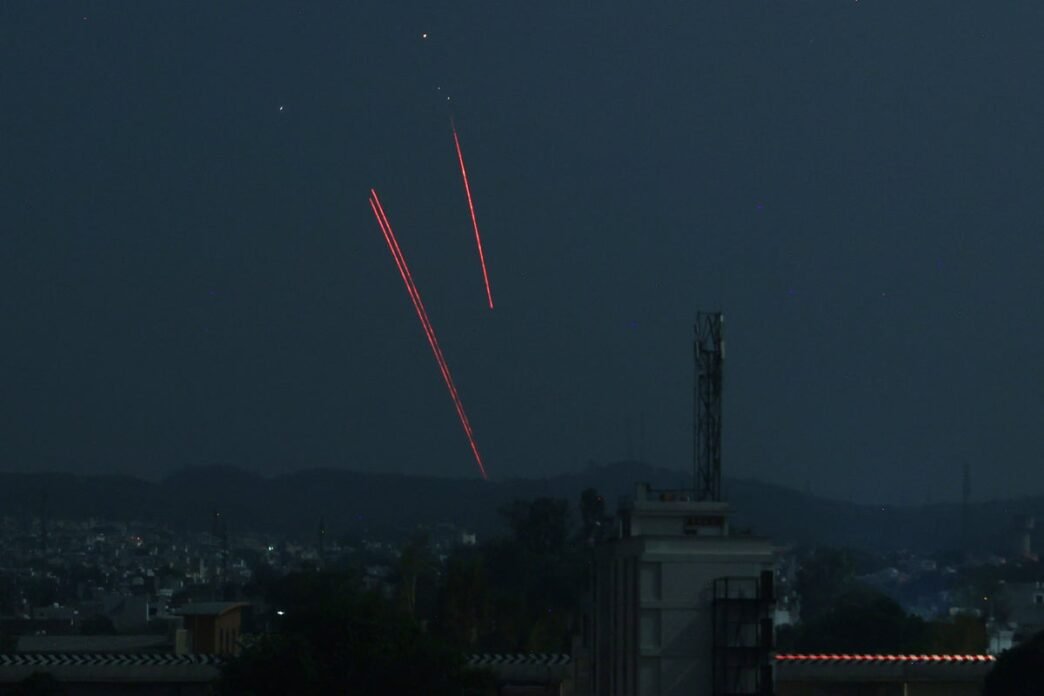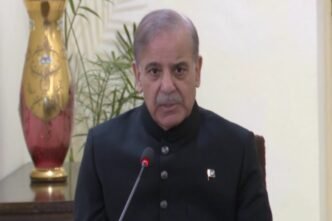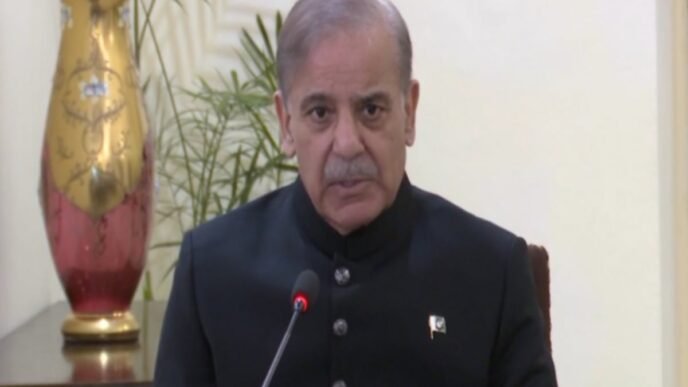India and Pakistan exchanged missile strikes on air bases early on Saturday in the most dangerous escalation yet in their milit conflict, prompting international concern and urgent calls for restraint.
The strikes, which targeted airbases, missile depots and command centres, followed days of rising tensions between the nuclear-armed neighbours.
Just as the situation seemed to be spiralling out of control, however, American president Donald Trump announced that a ceasefire had been agreed.
“Congratulations to both countries on using common sense and great Intelligence,” Mr Trump posted on his social media platform Truth Social, claiming credit for brokering the peace.
This was soon confirmed by Indian and Pakistani ministers.
Pakistan’s foreign minister Ishaq Dar told news that three dozen countries had been involved in the diplomacy that secured the “full-fledged” and “not partial” ceasefire.
The conflict erupted on 7 May when India launched a series of airstrikes on what it claimed was “terrorist infrastructure” inside Pakistan, supposedly in retaliation for last month’s terrorist attack in Kashmir that killed 26 people, mostly Hindu tourists.
New Delhi blamed the 22 April attack on Pakistan. Islamabad dismissed the allegation and called for an independent inquiry.
India routinely accuses Pakistan of supporting militant separatism in Kashmir, the restive Himalayan territory that each side controls in part but claims in whole.
Intensifying the conflict on Saturday, the Pakistani milit said they had launched medium-range Fateh missiles at an Indian missile storage facility in Pathankot and an air base in Udhampur. They dubbed the operation “Bunyan un Marsoos”, meaning unbreakable wall in Arabic.
India confirmed that Pakistan had struck four northern air bases with speedy missiles, causing limited damage to equipment and personnel. It claimed that missiles had also struck schools and healthcare facilities in Kashmir.
Indian forces responded with precision strikes on milit targets across the border, including radar sites, command centres, and weapon storage facilities, a defence ministry spokesperson said.
Pakistan maintained that India had attacked first.
Milit jets and missiles lit up the skies over Kashmir and Punjab through the night, with the residents reporting deafening blasts in cities like Amritsar, Jammu and Srinagar.
Shelling by Pakistani forces killed at least five people in Jammu and emptied out many villages along the border as people fled to safer areas, officials said.
“Jammu city has never been hit before,” Rajeev Gupta, 60, a resident whose brother was wounded in shelling, told . “Never thought we would be hit like this.”
In Srinagar, the summer capital of Kashmir, residents said explosions overnight felt unlike previous drone attacks and were concentrated around milit installations.
Mohammed Yasin, a resident, told Associated Press his children were shaken awake by the blasts. “They started crying,” he said.
In Pakistan, officials said Indian missiles had targeted three air bases – Nur Khan in Rawalpindi, Murid in Chakwal, Rafiqui in Jhang district – early on Saturday. A milit spokesperson said air defence systems intercepted most of the missiles and no air force assets were damaged.
India said it was committed to “non-escalation, provided it is reciprocated by the Pakistan milit”. A milit spokesperson, Vyomika Singh, told reporters that Pakistan had been observed mobilising ground troops towards forward areas, “indicating an offensive intent to further escalate the situation”.
Pakistan, meanwhile, downplayed any immediate risk of nuclear engagement.
The milit had said prime minister Shahbaz Sharif would chair a meeting of the National Command Authority, which oversees the country’s strategic and nuclear arsenal, but defence minister Khawaja Asif denied this.
“No meeting has happened of the National Command Authority nor is any such meeting scheduled. We shouldn’t even discuss nuclear options in the immediate context,” he told Ary TV.
India, which follows a declared no-first-use nuclear policy, did not comment on any shift in its nuclear posture. Analysts said Pakistan did not adhere to such a doctrine, raising concerns among international observers about the risks of miscalculation in the region.
But as the day wore on, both countries seemed to signal willingness to ease tensions. “We responded because our patience had reached its limit. If they stop here, we will also consider stopping,” Mr Dar, Pakistan’s foreign minister, told News.
After a call with US secret of state Marco Rubio, Indian foreign minister S Jaishankar said that “India’s approach has always been measured and responsible and remains so”.
Mr Rubio had separate phone calls with Mr Jaishankar and Pakistan’s army chief Asim Munir on Saturday, urging them to “re-establish direct communication to avoid miscalculation”.
In spite of repeated international calls for de-escalation, the situation appeared to be sliding towards deeper confrontation, until the ceasefire was announced in the afternoon.
In the afternoon, Mr Jaishankar confirmed that New Delhi and Islamabad had agreed to de-escalate. “India and Pakistan have today worked out an understanding on stoppage of firing and milit action,” he said on X. “India has consistently maintained a firm and uncompromising stance against terrorism in all its forms and manifestations. It will continue to do so.”
G7 foreign ministers, including British foreign secret David Lammy, issued a statement urging “immediate de-escalation” while condemning the April 22 attack in Kashmir.
“Further milit escalation poses a serious threat to regional stability. We’re deeply concerned for the safety of civilians on both sides,” they said.
India and Pakistan have fought three wars since independence from Britain in 1947, two of them over Kashmir.
Their last major milit confrontation occurred in the remote Himalayan region of Kargil in 1999. The ongoing conflict has been described as the most dangerous since.













